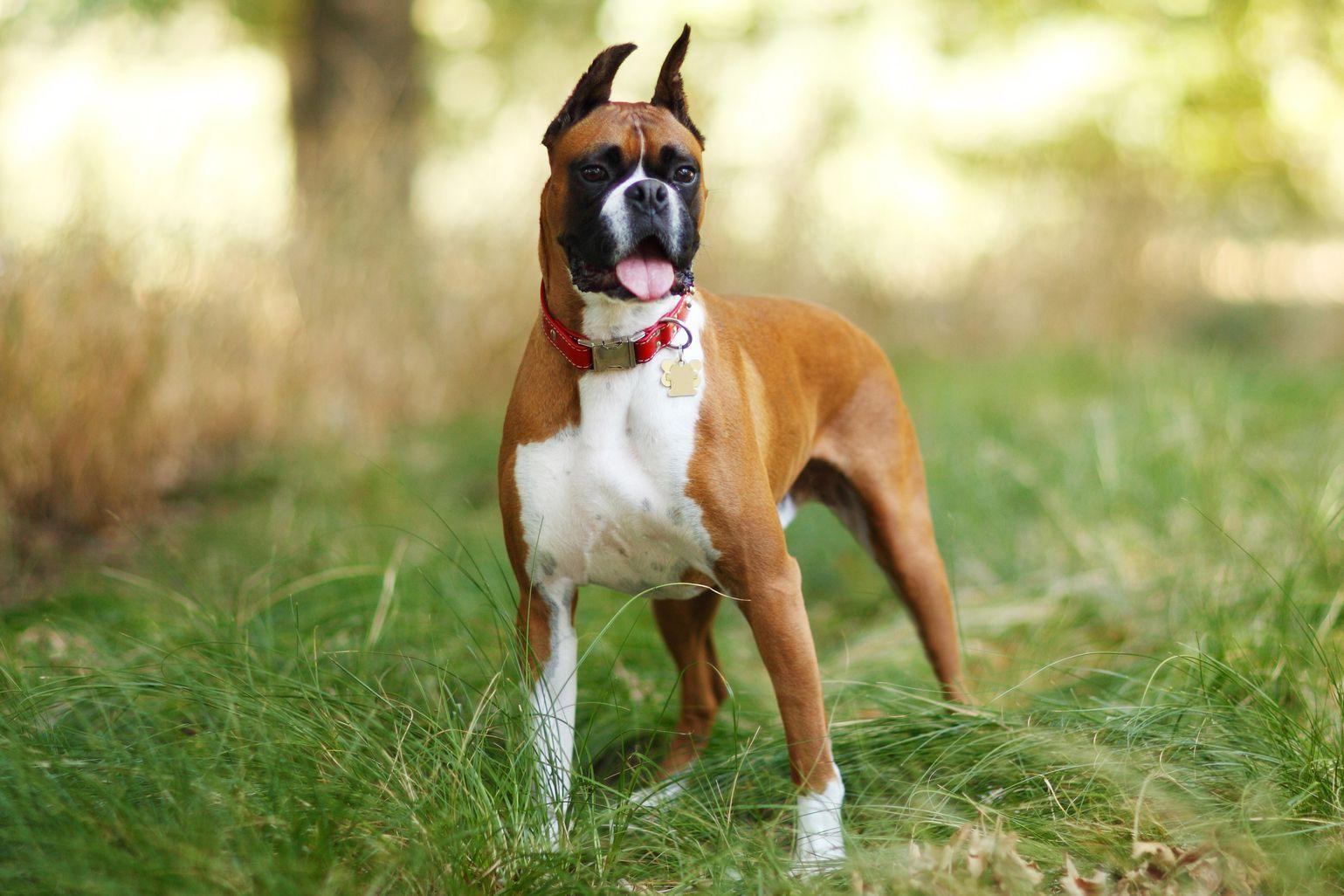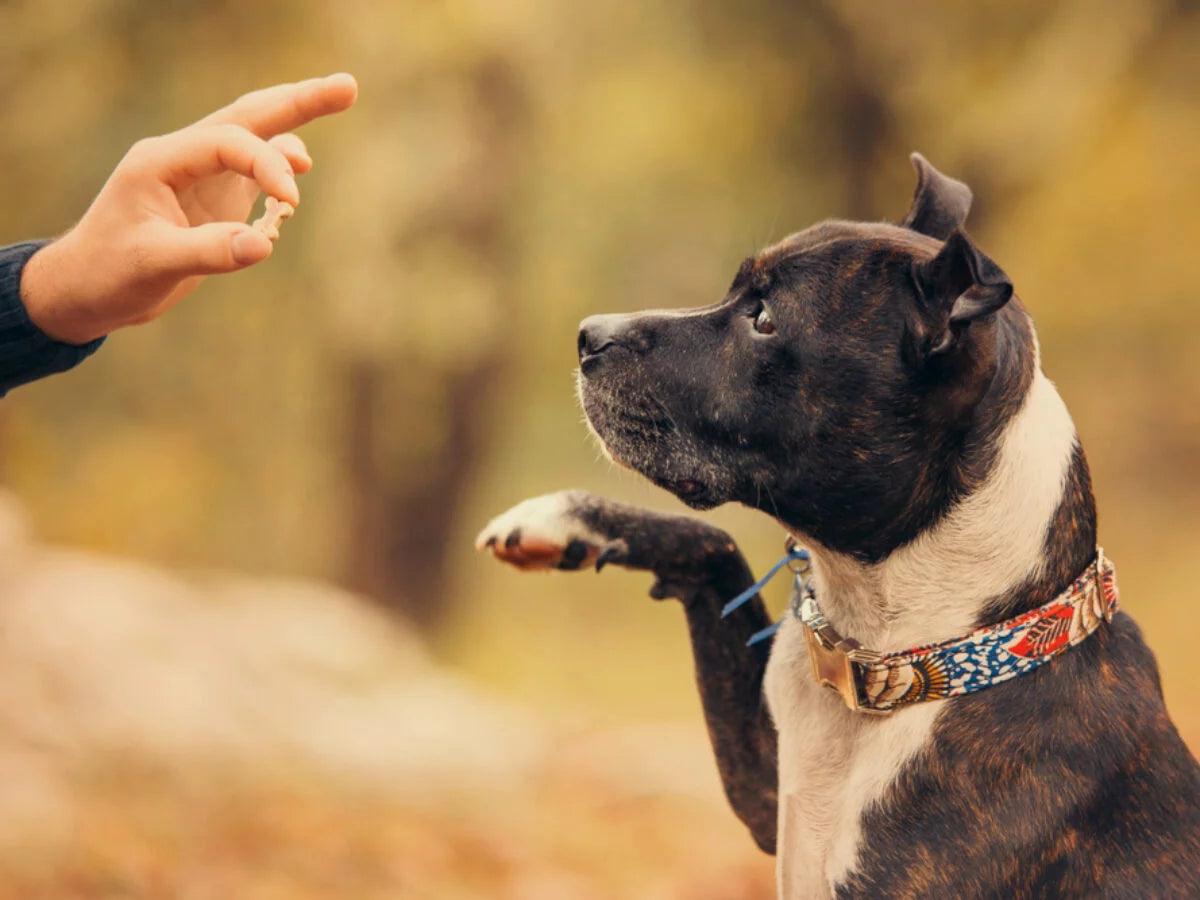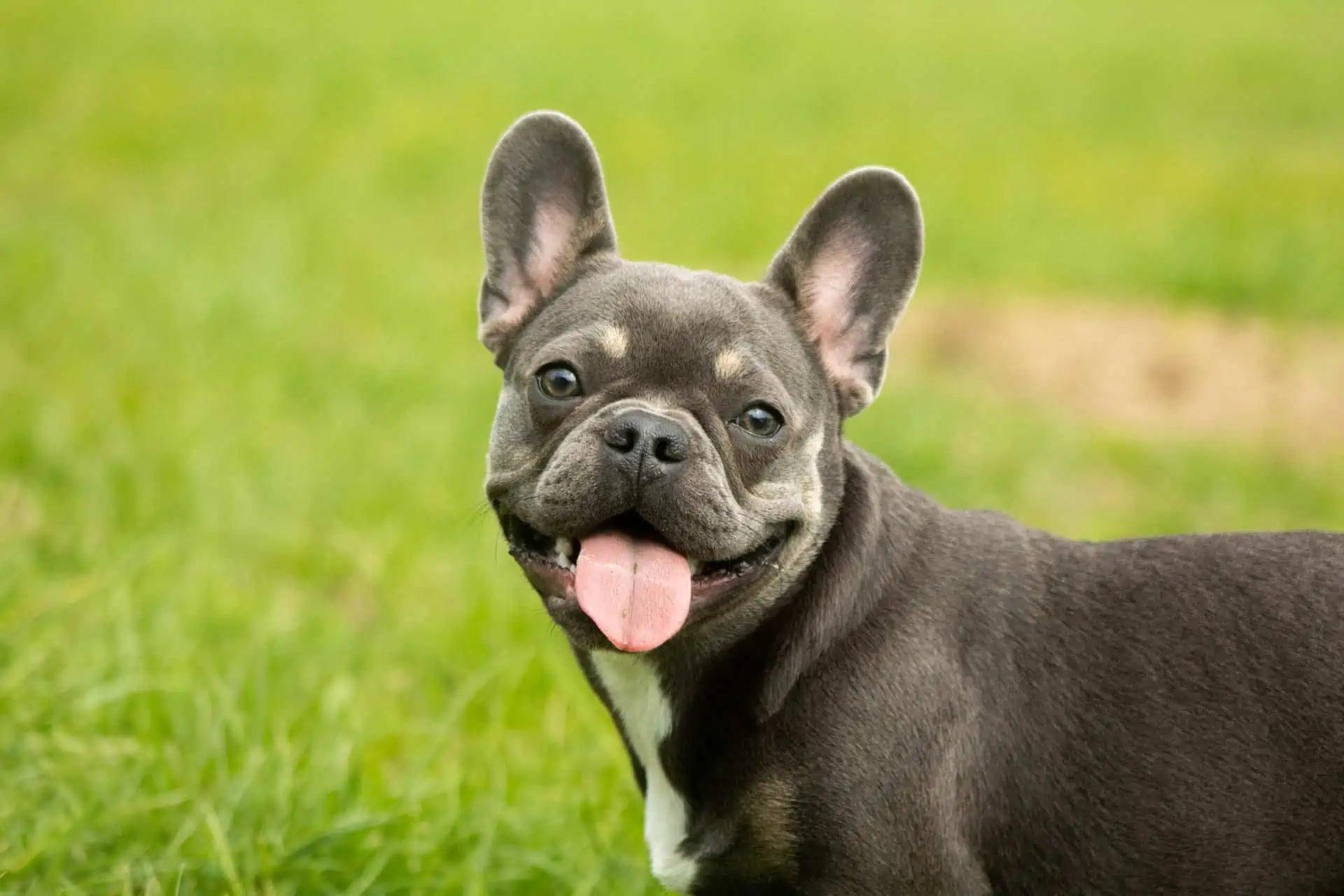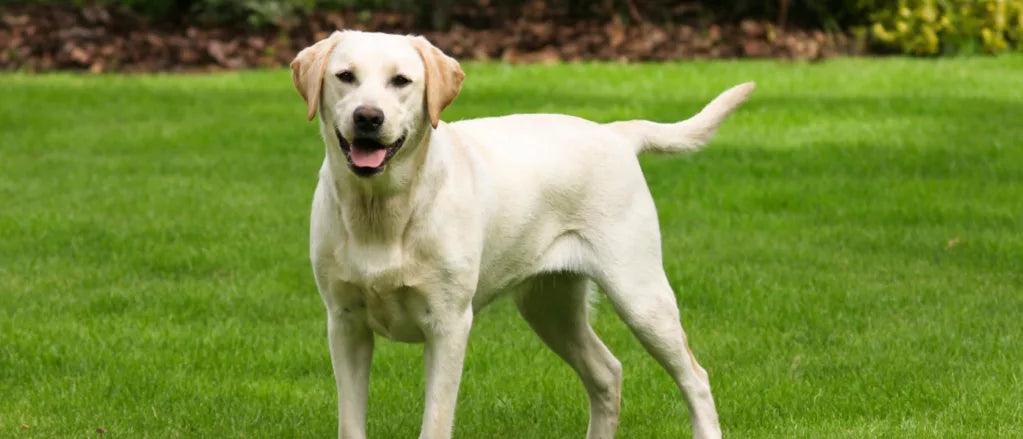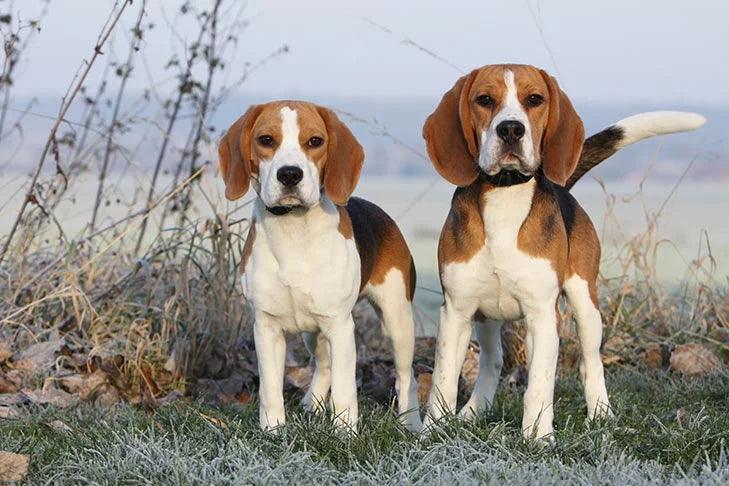
What is Beagle dog?
The Beagle is a small to medium-sized hound breed, known for its excellent sense of smell and tracking instincts. Originally bred for hunting, particularly rabbits and hares, Beagles are now popular as family pets due to their friendly nature, compact size, and affectionate demeanor.
Physical Characteristics:
-
Size: Beagles come in two size varieties:
- 13-inch (33 cm) Beagles, typically weighing 20 pounds (9 kg) or less.
- 15-inch (38 cm) Beagles, weighing between 20 to 30 pounds (9 to 14 kg).
- Coat: They have a short, dense coat that is weather-resistant. The coat colors are typically tricolor (black, white, and brown) or bicolor, but other combinations can include lemon, red, and white.
- Ears: Beagles have long, floppy ears, which enhance their scenting abilities by helping to waft smells towards their nose.
- Tail: Their tail is medium-length and held high, often with a white tip (called a "flag"), which helps hunters spot them in tall grass.

Temperament:
- Friendly and Social: Beagles are known for being very friendly, making them great family pets. They are social dogs who generally get along well with children, other dogs, and even strangers.
- Curious and Playful: Beagles have a curious nature, which is a remnant of their hunting heritage. They love exploring their environment, sniffing everything in their path.
- Energetic: Despite their small size, Beagles are energetic dogs that require regular exercise to prevent boredom and destructive behavior.
- Stubborn but Intelligent: Beagles are intelligent but can be quite independent and stubborn. Training requires patience and consistency, often with positive reinforcement techniques.
Hunting and Scenting Ability:
Beagles were historically bred for their exceptional sense of smell and tracking ability. They have one of the most advanced olfactory senses among dog breeds. This makes them excellent at following scent trails, which is why they are still used for hunting and are commonly employed in detection work, such as sniffing for contraband or explosives at airports.

Health Considerations:
- Hip Dysplasia: Like many dog breeds, Beagles can be prone to hip dysplasia, a hereditary condition affecting the hip joints.
- Epilepsy: Some Beagles may be genetically predisposed to epilepsy, which can be managed with veterinary care.
- Hypothyroidism: This condition can lead to weight gain, lethargy, and other health issues if not properly treated.
- Ear Infections: Due to their floppy ears, Beagles are prone to ear infections. Regular ear cleaning is essential to prevent this.
- Weight Gain: Beagles love to eat and can easily become overweight if their diet is not controlled and they don't get enough exercise.
Exercise and Care Needs:
- Exercise: Beagles need a fair amount of daily exercise, including walks and playtime. They are natural explorers, so providing mental stimulation through games, puzzles, and sniffing activities is essential.
- Grooming: Beagles are relatively low-maintenance when it comes to grooming. Their short coats require regular brushing to remove dead hair, but they don't shed excessively.
- Training: Beagles can be difficult to train because of their independent nature and strong scent drive. Training sessions should be consistent, positive, and include rewards for good behavior.
- Barking and Howling: Beagles have a distinctive, loud bark and are known for "bay howling," especially when they are excited or sense a scent to follow. This can be a problem for owners in apartments or neighborhoods where noise is a concern.
Lifespan:
Beagles typically live between 12 to 15 years, depending on their health, diet, and level of care.

Popular Uses of Beagles:
- Hunting: Traditionally, Beagles were used for hunting rabbits, hares, and other small game due to their excellent sense of smell and stamina.
- Detection Dogs: Due to their acute sense of smell, Beagles are often used as detection dogs at airports or other locations, where they are trained to sniff out prohibited items such as drugs, explosives, or food products.
- Companion Pets: Today, Beagles are mostly kept as pets due to their loyal, friendly, and affectionate nature.
Personality Traits:
- Pack-Oriented: Beagles are pack animals and are happiest when they have company. They can become anxious or destructive if left alone for long periods.
- Affectionate: They are affectionate with family members and enjoy being included in activities. Beagles love attention and will form strong bonds with their owners.
- Vocal: As hounds, Beagles are quite vocal, often expressing themselves with barking or baying, which can be either endearing or a challenge for some owners.
History:
The Beagle’s origins can be traced back to ancient Greece, but the modern Beagle was developed in England in the 19th century. The breed was used for hunting small game, especially rabbits and hares, and it became popular among English hunters for its keen sense of smell and determination.
In summary, Beagles are friendly, energetic dogs with a strong sense of smell and a curious, playful nature. They are great companions for active families and do well in homes where they can get plenty of exercise and mental stimulation. However, their independent streak and vocal tendencies can present challenges for first-time dog owners.

